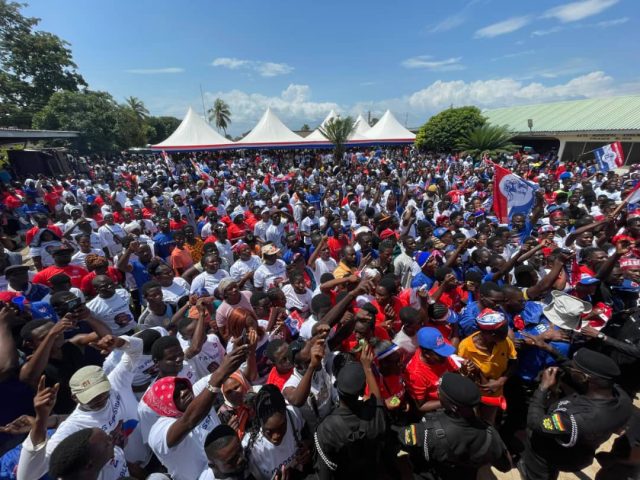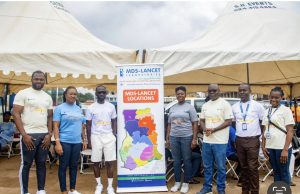The Ashanti Region, long considered the bedrock of support for Ghana’s New Patriotic Party (NPP), delivered a stunning blow to the party in the 2024 elections, signaling a significant shift in voter sentiment.
This unexpected outcome has raised concerns within NPP ranks, as the region, historically a bastion of loyalty, saw a notable decline in support, contributing to the party’s loss of several key seats.
Andy Appiah-Kubi, a former Member of Parliament for Asante-Akim North, offered an explanation for the results, pointing to the party’s failure to deliver on key infrastructure promises. In an interview on Joy News, Appiah-Kubi was blunt in his assessment, stating that the Ashanti Region had suffered from years of neglect, particularly in terms of infrastructure development.
“The Ashanti Region has suffered from years of neglect when it comes to infrastructure development. Key projects that were supposed to benefit the people, including critical roads and interchanges, have been delayed indefinitely,” Appiah-Kubi remarked. He singled out an unfinished interchange project initiated during former President Kufuor’s tenure, which remains incomplete despite the NPP’s extended time in office.
Appiah-Kubi’s comments reflect a deep frustration within the region, where voters had long been loyal to the NPP. The lack of progress on promised development projects led many to feel abandoned, and the region’s once steadfast support for the party began to erode. “For the past eight years, the NPP has been in power, yet there’s very little to show in terms of infrastructural development,” he said.
This sense of disillusionment translated into voter apathy and dissatisfaction, which, according to Appiah-Kubi, played a crucial role in the NPP’s electoral setback in Ashanti. Voters, frustrated by unmet promises and broken commitments, chose to express their discontent through the ballot box, abandoning their traditional loyalty to the party.
Appiah-Kubi described this response as “punitive,” suggesting that voters in Ashanti, feeling ignored and neglected, sought to send a strong message to the NPP. “People in Ashanti felt ignored. They see the roadblocks in their daily lives, the unfinished projects, and they question whether the NPP still cares about them,” he said. This growing sense of frustration and neglect has been seen as a key factor in the NPP’s loss of support in its once unshakable stronghold.
The NPP’s failure to deliver on critical infrastructure promises in Ashanti underscores the broader political risks of ignoring the needs of a region that has long been pivotal to the party’s success. As Ghana looks ahead to a new political era under President-elect John Dramani Mahama, the results in Ashanti serve as a stark reminder of the importance of fulfilling promises to voters and ensuring that all regions of the country feel equally valued and supported.
Send your news stories to newsghana101@gmail.com
Follow News Ghana on Google News















